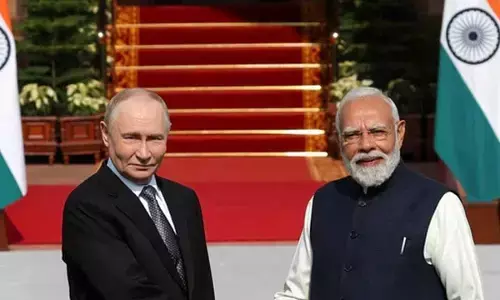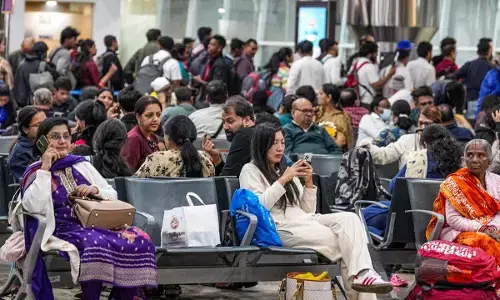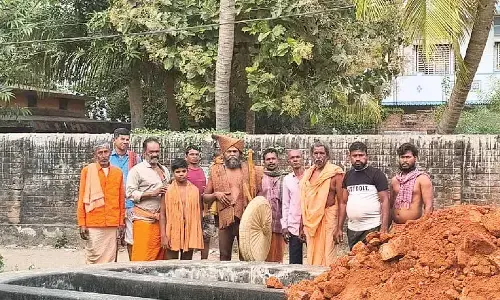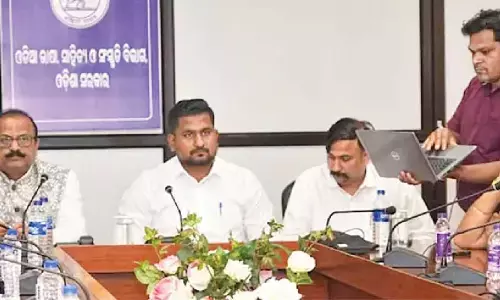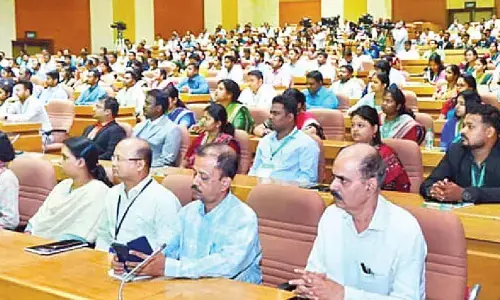Bhogi Pongal 2024: Important traditions you must know about the South India’s festival
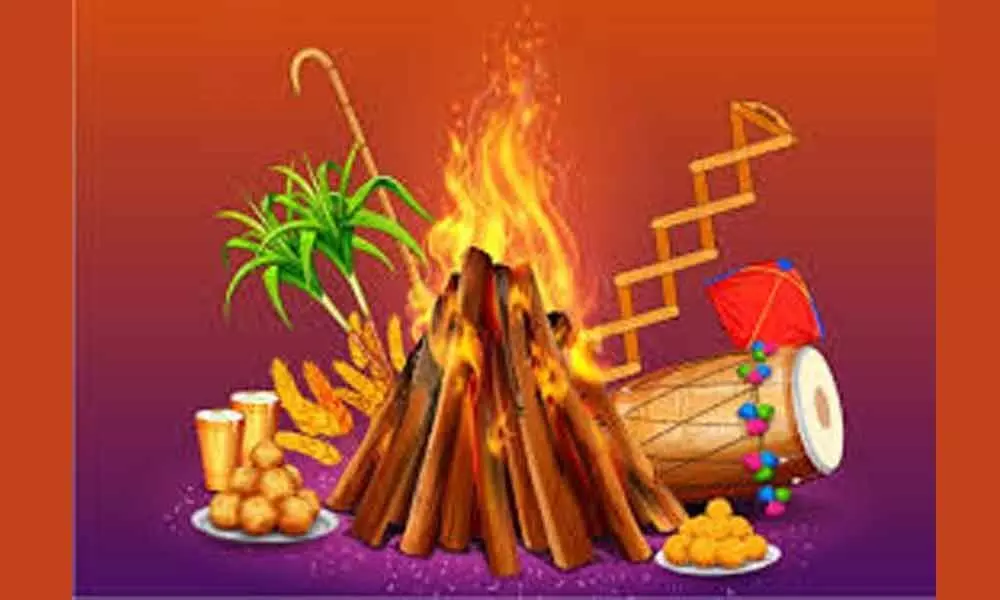
As Makar Sankranti approaches, the anticipation for the vibrant and diverse celebrations across India intensifies.
As Makar Sankranti approaches, the anticipation for the vibrant and diverse celebrations across India intensifies. The festival, known by different names such as Pongal in Tamil Nadu, Lohri in Punjab, and Makar Sankranti in various other regions, is a testimony to the country's rich cultural tapestry. In South India, the festivities extend over four days, with the first day dedicated to the exuberant Bhogi Pongal celebration.
A Feast of Indulgence and Joy: The term "Bhogi" resonates with indulgence, enjoyment, and, of course, food—an apt description for the festivities that characterize Bhogi Pongal. Families come together to revel in the warmth of bonfires, enjoy delicious feasts, and partake in singing and dancing. The atmosphere is filled with joy as people bid farewell to the old and welcome the new, symbolizing a fresh start with the onset of the harvest season.
Traditions Associated with Bhogi Pongal in South India:
1. Bhogi Mantalu - Lighting the Bonfire: Similar to the Lohri celebration in Punjab, Bhogi Pongal kicks off with the lighting of a bonfire. Homes are thoroughly cleaned, adorned, and individuals wear new clothes. Items that are no longer useful are cast into the bonfire, along with cow dung cakes and wood, symbolizing a purification process and a wish for new beginnings and good fortune. The evening by the bonfire is marked with singing, dancing, and the enjoyment of seasonal treats made with til, peanuts, and rice.
2. Pongal Panai - Decorative Earthen Pots: On Pongal, people purchase new earthen pots, meticulously decorating them with intricate patterns, mango leaves, and vibrant blossoms. The pots are then used to cook a special dish made with rice, milk, and jaggery. As the mixture begins to boil and overflow, the moment is celebrated with the exclamation, "Pongalo Pongal." This overflowing of milk symbolizes prosperity and abundance for the upcoming year.
3. Worshipping Cattle: Acknowledging the significance of cattle in agriculture, Pongal includes the worship of cows and bulls. These animals, crucial to the harvest season, are bathed, adorned with garlands, and offered their favourite foods. The day serves as a moment to express gratitude and seek blessings for a successful agricultural year.
4. Pookalam - Artful Floral Designs: After the thorough cleaning of homes, families engage in creating beautiful Pookalams—floral designs made with white or colourful flowers—on the floor. These intricate patterns not only add a festive touch but also signify the joy and celebration within the household.
5. Traditional Attire: Cotton and silk take center stage in the choice of attire during Bhogi Pongal. Men don kurta, dhoti, and angavastram, while women adorn themselves in vibrant silk sarees. The celebration becomes a visual spectacle as families don their traditional attire, adding to the overall festive ambiance.
Bhogi Pongal in South India is a celebration of abundance, renewal, and joy. As families come together to engage in these vibrant traditions, the festival becomes a time for expressing gratitude, fostering unity, and embracing the cultural richness that defines the region. With bonfires, decorative pots, worship of cattle, floral designs, and traditional attire, Bhogi Pongal showcases the diversity of traditions that make this harvest festival a cherished and integral part of South India's cultural heritage.










